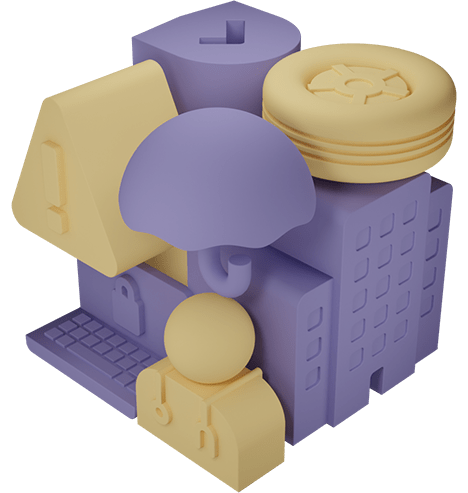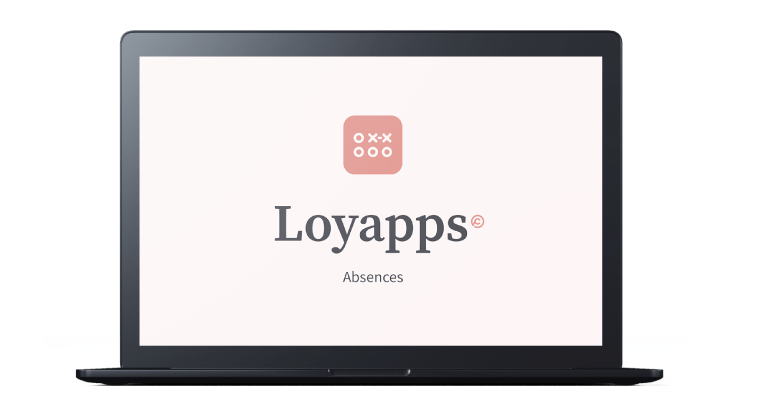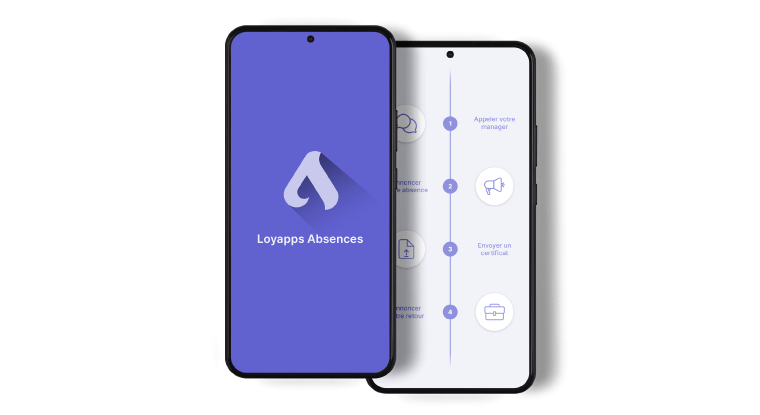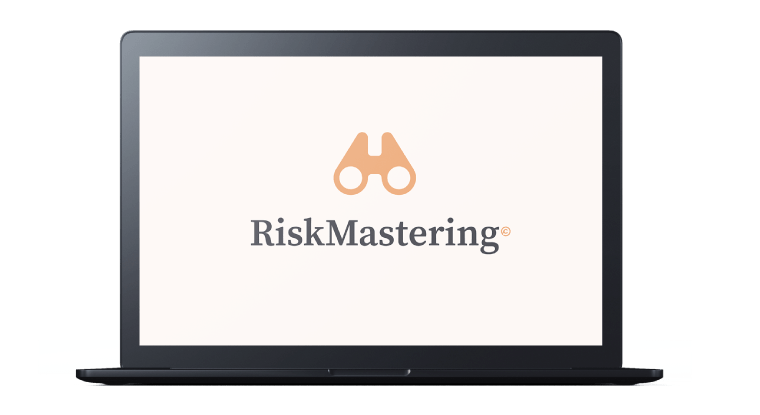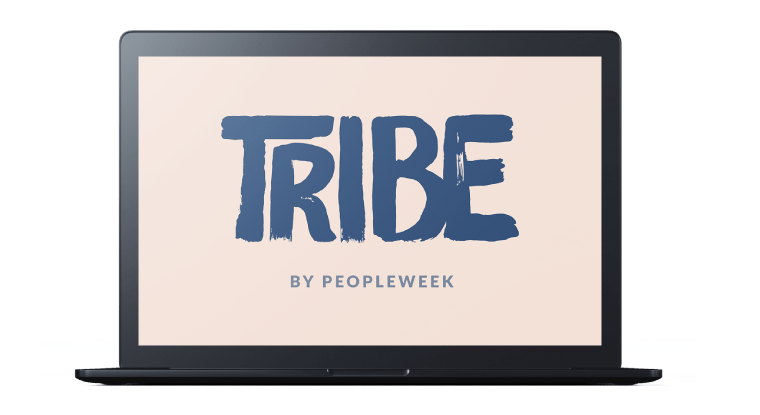
An overview of leave under labor law
In the space of just a few years, the landscape of leave entitlements has changed considerably. Some leaves have been adapted, and several new ones have been introduced. Our partner CJE, Avocats, Conseillers d’Entreprises reviews the different types of leave available, along with the conditions for granting them, compensation and all the relevant details.
Two categories of leave are covered and developed in this article: leave linked to the arrival of the child (maternity leave, leave for the other parent, leave in the event of the death of the other parent shortly after the birth and adoption leave) and other leave (to care for relatives, to care for a child whose health has been seriously affected by illness or accident).
Leave related to the arrival of a child
Maternity leave
Art. 329f CO:
- In the event of maternity, the employee is entitled to at least 14 weeks’ leave after giving birth.
- If the newborn is hospitalized, the leave is extended by a period equivalent to the extension of the maternity allowance.
Is the income subject to social security contributions? The maternity allowance paid directly to the employee in lieu of salary is considered income. AVS/AI and APG contributions are therefore deducted from it, as is the unemployment insurance contribution for salaried employees. Commencement and termination of entitlement: entitlement to benefits commences on the day of childbirth and terminates at the latest 14 weeks (98 days) later. In the event of resumption of gainful employment during this period, whether full-time or part-time, entitlement lapses early. Amount of benefit: Maternity benefit amounts to 80% of average pre-delivery earnings, up to a maximum of CHF 220 per day. This maximum amount is reached from a monthly salary of CHF 8,250 (CHF 8,250 x 0.8/30 days = CHF 220/day). Hospitalization of the newborn after birth: if the newborn has to stay in hospital for more than 14 days immediately after birth, the entitlement is extended by the duration of the hospital stay, up to a maximum of 56 days. Entitlement to extended benefits is conditional on the mother returning to gainful employment after the end of her maternity leave. The mother must indicate the length of the hospital stay, submit a medical certificate and produce proof of continued employment. Accident insurance: workers receiving maternity allowance remain compulsorily insured under accident insurance during maternity leave. During this period, she is exempt from paying premiums. Occupational pension plan: the employee’s occupational pension plan coverage continues under the same conditions during maternity leave. She may, however, request a reduction in her coordinated salary. Specific to the canton of Geneva: the right to paid maternity leave in Geneva begins on the day of childbirth and extends over 16 weeks. During the first 14 weeks, the mother receives the federal maternity allowance for the portion of her income up to CHF 99,000, then the Geneva allowance for the following two weeks and for the portion of her income between CHF 99,000 and CHF 148,200.
Other parent’s leave
Art. 329g CO:
- Are entitled to two weeks’ leave for the other parent:
- the employee, if he is the legal father at the time of the child’s birth, or if he becomes the legal father within six months of the child’s birth;
- the employee, if she is the other legal parent at the time of the child’s birth.
- The leave must be taken within six months of the child’s birth; this period is suspended during leave under art. 329gbis (in the event of the mother’s death).
- Leave can be taken in the form of weeks or days.
Duration: the gainfully-employed father or mother’s wife is entitled to two weeks’ leave, which can be taken in the form of full weeks (including weekends) or individual days. Amount: the other parent’s allowance corresponds to 80% of the average income from gainful employment obtained prior to the child’s birth, up to a maximum of CHF 220 per day. For two weeks, entitled persons can receive fourteen daily allowances, i.e. a maximum of CHF 3,080.
Leave in the event of death of the other parent shortly after birth
Art 329f CO – Death of the other parent (father, mother’s husband):
- In the event of the death of the other parent during the six months following the child’s birth, the employee is entitled to an additional two weeks’ leave, which may be taken in the form of weeks or days within a six-month period from the day following the death.
Art. 329g CO – Death of the mother:
- In the event of the mother’s death on the day of childbirth or during the following 14 weeks, the other parent is entitled to 14 weeks’ uninterrupted leave from the day following the death.
- The other parent is entitled to leave when the parent-child relationship is established on the day of the death or during the 14 weeks that follow.
- In the event of hospitalization of a newborn child in accordance with art. 329f, para. 2 (maternity leave), the leave provided for in para. 1 is extended by a period equivalent to that of the hospitalization, but by a maximum of eight weeks.
The death of a parent after the birth of a child is a hard blow for any family. Since the beginning of 2024, the Swiss Code of Obligations and the system of compensation for loss of earnings have provided for uniform regulations to help alleviate the distressing situation and improve care for the newborn child.
Adoption leave
Art. 329 j CO:
- Any employee who takes in a child for adoption is entitled to two weeks’ adoption leave, provided the conditions set out in art. 16t of the LAPG are met.
- Adoption leave must be taken during the first year following the birth of the child.
- It can be taken by one parent or shared between the two. Both parents cannot take the leave simultaneously.
- Adoption leave can be taken in days or weeks.
Age of adopted child: from January 1, 2023, people who take in a child under the age of four with a view to adoption will be entitled to adoption leave. Compensation: the adoption of a spouse’s or partner’s child does not give entitlement to compensation.
Other vacations
Leave to care for relatives
Art. 329h CO:
The employee is entitled to paid leave to care for a family member or partner whose health is impaired; the leave is limited to the time required for the care, but may not exceed three days per case and ten days per year in total.
Family members and partners are:
- relatives in the direct ascending line;
- relatives in the direct descending line;
- brothers and sisters;
- the spouse;
- in-laws;
- the partner who has been living in the same household as the employee for at least five uninterrupted years.
Length of leave: leave is limited to the time required for care, but may not exceed three days per case and ten days per year in total. The employee may therefore be granted 100% paid leave by the employer to take care of relatives towards whom he/she has no obligation of maintenance and who were not previously covered by article 324a CO. Impairment of health: this notion is to be understood in a very general way, which allows it to encompass cases of illness, accident and also disability. The case relates to a specific condition. In principle, the right to leave can be exercised only once per condition, and not repeatedly. Maximum entitlement: the credit of 10 paid days is to be counted per year of Services, not per calendar year. Proof of need for leave: the law does not require the employee to provide the employer with a medical certificate, but he or she must prove the facts giving rise to the right to leave, which is usually done by means of a medical certificate. The employer may contractually require the production of a medical certificate.
Leave to care for a child seriously affected by illness or accident
Art. 329i CO:
- If the employee is entitled to a care allowance within the meaning of Art. 16n to 16s of the LAPG because his or her child’s health is seriously impaired as a result of illness or accident, he or she is entitled to up to fourteen weeks’ care leave.
- Leave to take charge must be taken within a framework period of 18 months. The framework period begins on the day on which the first daily allowance is paid.
- If both parents work, each is entitled to up to seven weeks’ care leave. They may agree to share the leave differently.
- Leave can be taken in one go or in the form of days.
- The employer is informed without delay of the conditions under which the leave is taken and of any changes.
Conditions of entitlement:
- the child must be a minor;
- the child must be suffering from a serious health problem;
- the interruption of gainful employment must be necessary to care for the child.
Severity of the damage to the child’s health:
- major change in the child’s physical or psychological condition (sudden worsening of the child’s state of health, or marked worsening of the state of health of a child suffering from a chronic illness);
- changes in health due to illness or accident;
- difficult-to-predict evolution or outcome of the situation (risk that the damage will become lasting, increasing or fatal);
- increased need for parental care.
The compensation fund does not verify the medical conditions for granting benefits. This is the responsibility of the employer, who may request a medical certificate.
Entitled parent:
- legal parents;
- foster parents (art. 35a RAPG);
- parents-in-law (art. 35b RAPG).
Duration of leave and end of entitlement to benefits:
- The law provides for care leave of up to 14 weeks (98 allowances) for workers whose children are minors.
- Leave to take charge must be taken within 18 months of the day on which the first daily allowance is paid.
- Entitlement to benefits lapses at the end of the 18-month framework period or after the maximum number of daily benefits has been received.
Obligation of the employee: the employer must be informed without delay of the conditions under which the leave is taken and of any changes.
In a forthcoming legal newsletter, our partner CJE, Avocats, Conseillers d’Entreprises will examine the impact that such leave has, or does not have, particularly on vacation entitlement and protection against dismissal.







